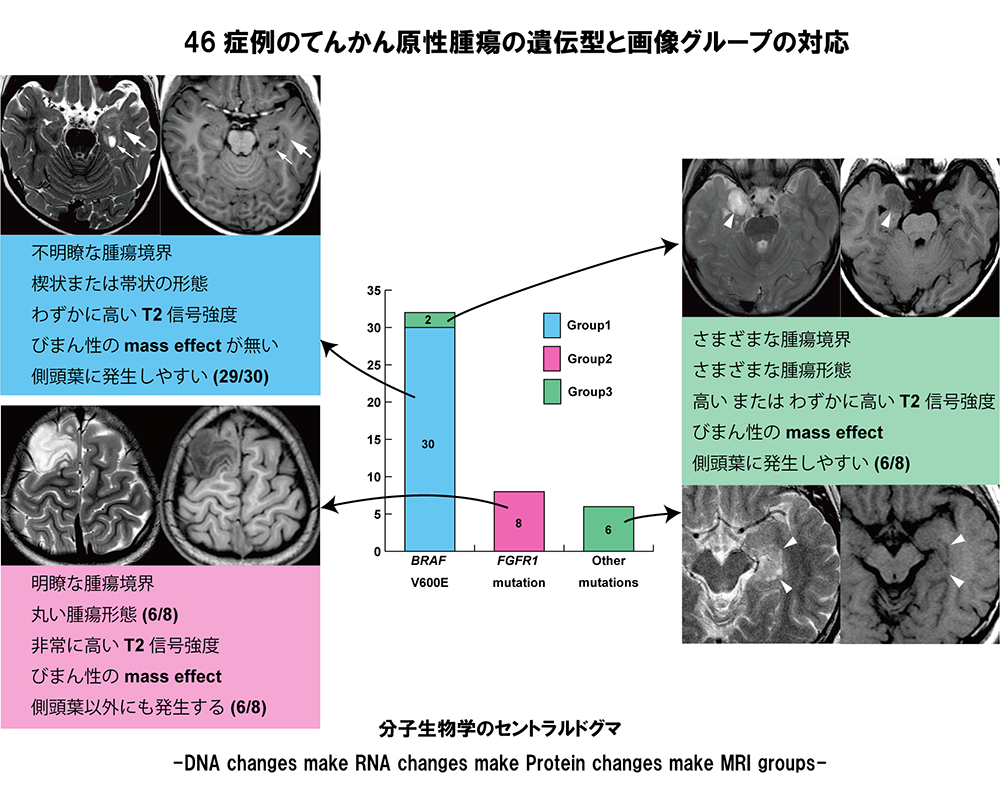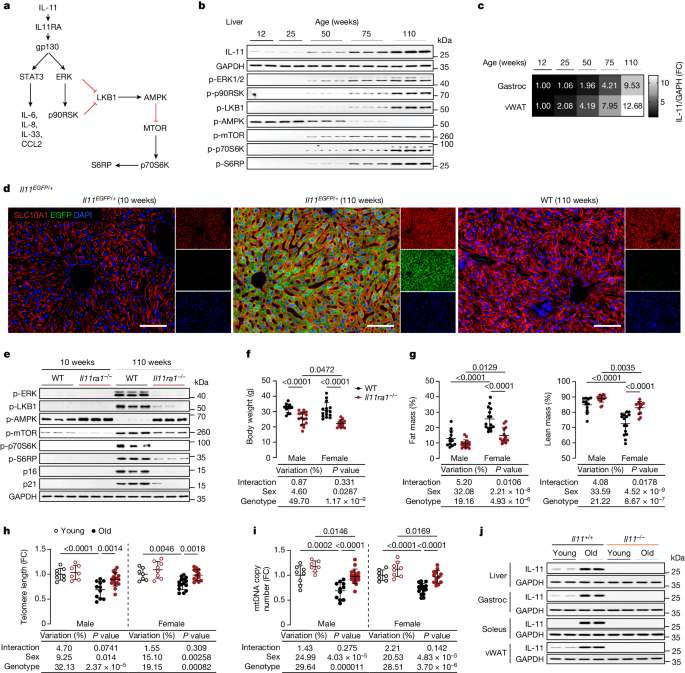2024-07-19 コロンビア大学
<関連情報>
- https://news.columbia.edu/news/even-fish-societies-show-signs-social-control-and-nepotism
- https://www.cell.com/iscience/fulltext/S2589-0042%2824%2901559-1
ネポティズムは非対称交渉における強制的協力を媒介する Nepotism mediates enforced cooperation in asymmetric negotiations
Irene García-Ruiz,Michael Taborsky
iScience Published:June 20, 2024
DOI:https://doi.org/10.1016/j.isci.2024.110334
Graphical abstract

Highlights
- Experimental manipulation of behavior reveals bargaining among asymmetric partners
- Helpers must pay for being allowed to stay in the territory of dominant breeders
- Related helpers are allowed to pay a lower price
- Cooperatively breeding fish illustrate how correlated payoffs affect negotiation
Summary
In cooperative societies, group members typically exchange different commodities among each other, which involves an incessant negotiation process. How is the conflict of fitness interests resolved in this continual bargaining process between unequal partners, so that maintaining the cooperative interaction is the best option for all parties involved? Theory predicts that relatedness between group members may alleviate the conflict of fitness interests, thereby promoting the evolution of cooperation. To evaluate the relative importance of relatedness and direct fitness effects in the negotiation process, we experimentally manipulated both the relatedness and mutual behavioral responses of dominant breeders and subordinate helpers in the cooperatively breeding cichlid fish Neolamprologus pulcher. Results show that coercion by breeders is crucial for the performance of alloparental egg care by helpers, but that kinship significantly decreases the need for coercion as predicted by theory. This illustrates the relative importance of kinship and enforcement in the bargaining process.


